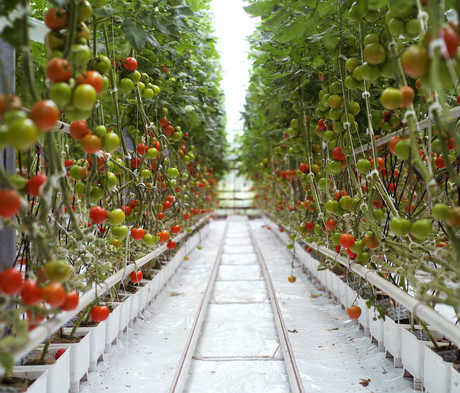Disease-resistant crop technology gets $3m

Two technologies discovered by University of Queensland (UQ) researchers may soon be able to help farmers develop disease-resistant crops, thanks to a $3 million investment.
Nexgen Plants, a Brisbane biotech company launched by UQ’s UniQuest, is commercialising the two technologies developed from research led by Professor Peer Schenk at UQ’s School of Agriculture and Food Sciences. It has recently secured $3 million in investor backing, $1.5 million of which was from The Queensland Government’s Business Development Fund (BDF), $500,000 from Uniseed and $1 million from Yuuwa Capital.
The first of the two technologies is INTtrait, which helps speed up natural breeding by quickly introducing pathogen resistance, production traits and consumer traits in food, fibre, energy and ornamental crops. This may have advantages over existing gene editing technology such as CRISPR. The second is a virus-resistant technology that can rapidly respond to emerging threats in key crops, including tomatoes, capsicums, potatoes and sorghum varieties, such as sugarcane.
“Crop losses caused by disease or environmental conditions like drought are a significant global problem and cost billions of dollars every year,” said UniQuest CEO Dr Dean Moss. “This investment in the research and technology being developed by this innovative Brisbane company is evidence of its potential future impact for farmers and producers right across the world.”
Director Brian Ruddle said the investment, and the appointment of new CEO Dr Philippe Herve, will help the company drive international growth. Nexgen Plants is looking for national and international partners to promote and license Nexgen breeding technology.
The US Department of Agriculture recently approved its salt-resistant variety of rice as non-genetically modified, and the company is waiting on the Australian Office of Gene Technology Regulator review to determine if the new breeding techniques will be available to Australian farmers.
Antimicrobial resistance in Aussie raw retail meats remains low, FSANZ survey finds
FSANZ has released its findings from a national survey of antimicrobial resistance in more than...
Heat and Control brings coffee and tea processing solutions to MICE 2026
Heat and Control will showcase its latest coffee and tea processing, packaging and inspection...
AI-based hyperspectral camera to enable more food applications
A team of experts is developing a compact hyperspectral camera that uses AI to perform complex...











